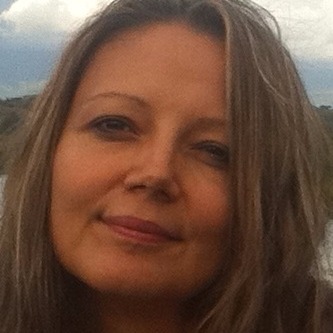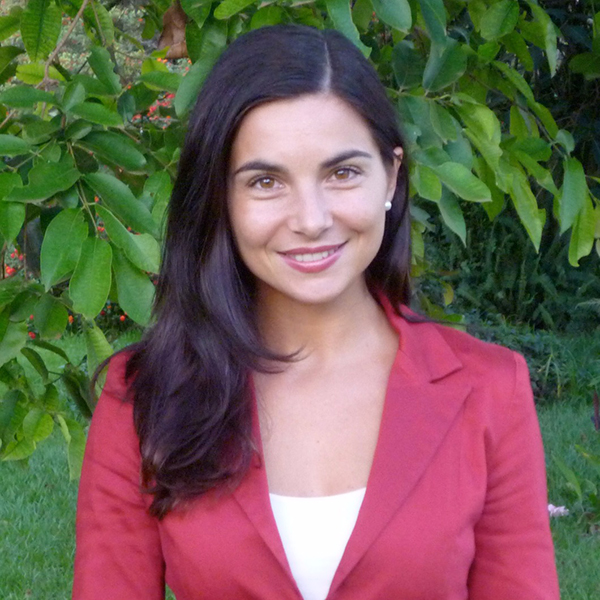National REDD+ Academy training events aim to build capacity and understanding of key REDD+ stakeholders on REDD+ implementation through a long-term and sustainable learning experience, adapted to the specific circumstances of each country. To that effect, Uganda hosted the first National Academy in Africa from 11-15 July, 2016 with over 40 participants including representatives from the Ministry of Water and Environment, Ministry of Justice, National Forestry Authority, civil society, the private sector and academia.
Uganda has adopted an innovative capacity building approach through a Training of Trainers (ToT) event which combined the expertise of global REDD+ advisors with the knowledge of national actors, on each of the Academy's 12 modules. Among the participants trained during the National Academy session, there were between 10-15 staff members of Uganda's largest and third-oldest institution of higher learning, the Makerere University, of which some had also received training during the Regional REDD+ Academy training for Africa held in Calabar, Nigeria, in October 2015. As such, Makerere University became the first training/pedagogical institute in Africa selected to undertake comprehensive preparation to develop its capacity to offer training on REDD+. After attending both the regional and national level Academy ToT sessions, the Makerere academics became equipped with the necessary resources to deliver REDD+ Academy-like events in the future.
The REDD+ Academy in Uganda helped participants – academics and government representative’s members of national technical committees alike – to become more conversant with REDD+ issues, better understand REDD+ processes and appreciate the importance of creating synergies in this context. As Dr. Namaalwa Justine Jumba, Senior lecturer in the School of Forestry in the College of Agriculture and Environmental Studies, highlights “Ever since we have started the REDD+ process, we have been attending meetings, workshops, UNFCCC COP meetings – however we have only received pieces of the puzzle, whilst the flow from one REDD+ component to another was missing, and hence the REDD+ Academy is an opportunity to learn comprehensively.” Most importantly, she argues that the National REDD+ Academy has taught her how REDD+ components are inter-linked: “I am a member of the National Technical Committee and the MRV Task Force, but have I have never internalized how the four REDD+ elements – National Strategy, Forest Emissions Levels (FREL), National Forest Monitoring System (NFMS), and Safeguards – interact and how each of our activities planned at the country level can feed into these individual components.”
The value added of the National REDD+ Academy was the combination during the training between international norms governing REDD+ and the Ugandan perspective, a mix which has allowed to bring home the messages: “It has been such a practical way to pose questions to our people – how far they have reached and what challenges they face,” says Dr. Namaalwa. As a result, she feels more empowered in the MRV Task Force, and she feels this will propel her to become an advocate on considering and addressing all elements of REDD+ in the ongoing process in Uganda. Her ardent recommendation was that the training continue for the other members of the National Technical Committee and Task Forces – “so they are given the opportunity to understand how the four REDD+ elements interrelate, and therefore to better work together as one team towards a more successful REDD+ process in Uganda. “
Similarly, Patrick Byakagaba from Makerere University – also a member of the REDD+ National Working Group and member of Uganda’s Technical Committee on REDD+ adds: “Although the Academy can be followed online – a face-to-face event is without a doubt a more useful approach as it offers the live understanding of the global perspective on REDD+ married with the different local aspects – and therefore the mix of both national and international experts provides a good balance between theory and practical issues on the ground”.
Noting how his perspective has changed on ways to implement REDD+ at country level, he further argues: “I was working in a silo, but now I have learned how to work with the four elements and this is the missing link in REDD+ process in Uganda – how the various actors and relevant stakeholders responsible for individual components of REDD+ can help and support one another”.
Patrick concludes “We need a clear roadmap on how to utilize the REDD+ knowledge generated from the National REDD+ Academy and therefore I see this as an opportunity for the country to appreciate REDD+ and the benefits associated with it”. On this, Makerere University has already planned a REDD+ Academy training for journalists in August 2016, followed by subsequent trainings for other stakeholder groups relevant for the REDD+ process in the country.
Uganda is implementing a 5-year programme funded by the Norwegian Agency for Development Cooperation (NORAD) focused on “Building capacity for REDD+ in East Africa for improved ecosystem health and for sustainable livelihoods in Eastern Africa (REDD-EA)”, which includes, amongst others, conducting research and generating evidence on REDD+ and training a core of experts on REDD+. The REDD+ Academy has symbiotically complemented this programme, which created synergies and leverages the delivery of the UN-REDD support to Uganda.




